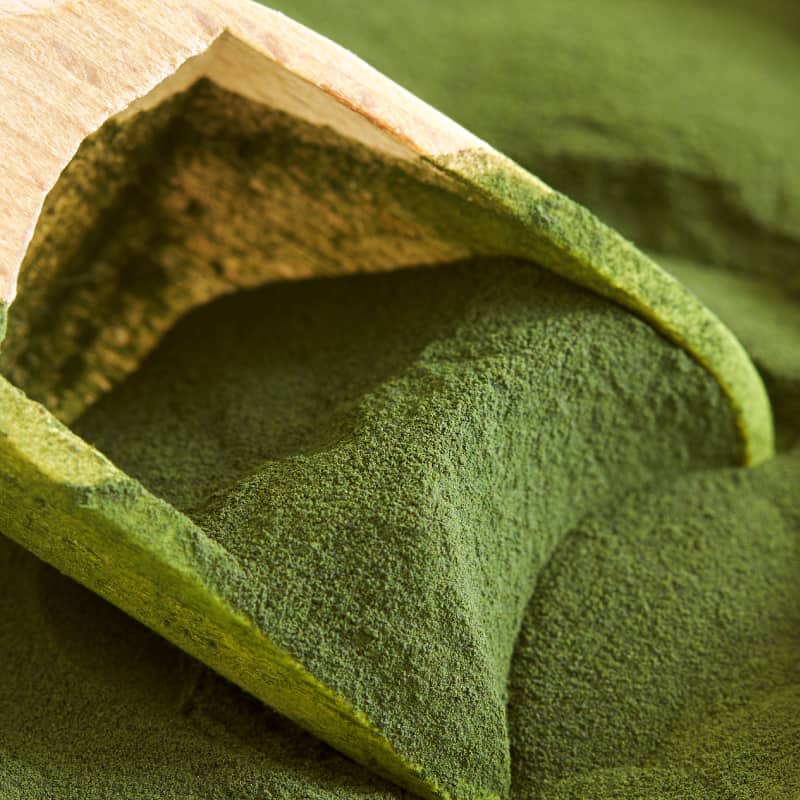Although they provide a pleasant, salty crunch when paired with soups or cheese plates and often are recommended when you're feeling sick or dealing with digestive issues, saltine crackers certainly wouldn't make any healthy foods list. They lack nutrients and are made of refined carbohydrates, so really wouldn't be considered healthy. When consumed in small…
Whether you’re a weekend warrior, you’re trying to lose weight or you're an athlete, protein is important for everybody, and you certainly don't want a protein deficiency. Even though most people eating a "standard Western diet" consume enough protein overall, many people don't necessarily eat the highest quality sources of protein and as a result…
Anxiety can be a disabling condition that's accompanied by long-term stress and a decline in overall health. It contributes to many chronic diseases, even when treated with conventional medications. That's why we need to use natural remedies for anxiety and other mood disorders that address the root of the problem instead of putting a Band-Aid…
Whole grains have long been considered a key component of a healthy diet. In fact, some research suggests that grains have been widely consumed by humans for at least 100,000 years. Not only are these grains rich in essential nutrients, but they have also been tied to a number of health benefits, including improved heart…
Approximately 3–6 percent of all women (3 to 8 million) living in the United States suffer from the painful pelvic condition called interstitial cystitis (IC). IC is much more common in women than in men, but it also affects somewhere between 1–4 million men in the U.S. alone. Children can also be affected be interstitial…
Many of us have turned to delivery after a long work day. After all, it tastes good and there’s not much effort involved. But what if I told you that, in the amount of time you’d spend waiting for your (unhealthy sodium-packed) meal, you could whip up your own Chinese takeout fake-out that practically cooks…
"Sustainable living" is a big buzzword today, leading many to wonder how to follow a sustainable diet. What is sustainability exactly, and how should it impact the types of foods you choose to eat? Sustainability is defined as "the ability to be maintained at a certain rate or level." Another definition is "avoidance of the depletion…
As the season of rebirth and growth begins, it becomes much easier to eat seasonally with fresh spring fruits and vegetables — and what’s better than the sweet, juicy flavor of fruits that are harvested at the peak of their seasons? Not only are fresh spring fruits excellent additions to breakfast yogurts, cereals, smoothies, salads…
Chowing down on nutrient-dense, fat-burning foods and drinks can help you drop pounds and also improve your health in many ways. For example, a healthy, balanced diet may be able to help reverse diabetes and reduce your risk of obesity and other health problems, including certain types of cancer. Plus, when you ask the average…
With the growing epidemic of childhood and adult obesity, insulin resistance, and type 2 diabetes, coronary heart disease remains the leading cause of death and disability in the U.S. It's estimated in 2020 study that 25 percent of the U.S population has high triglycerides, a major risk factor for cardiovascular disease. A 2007 meta-analysis involving…









